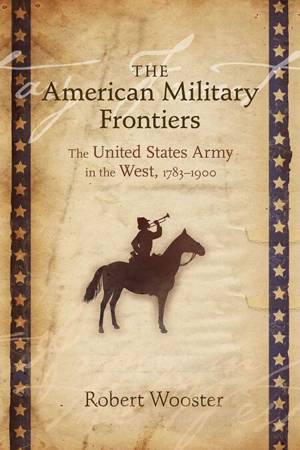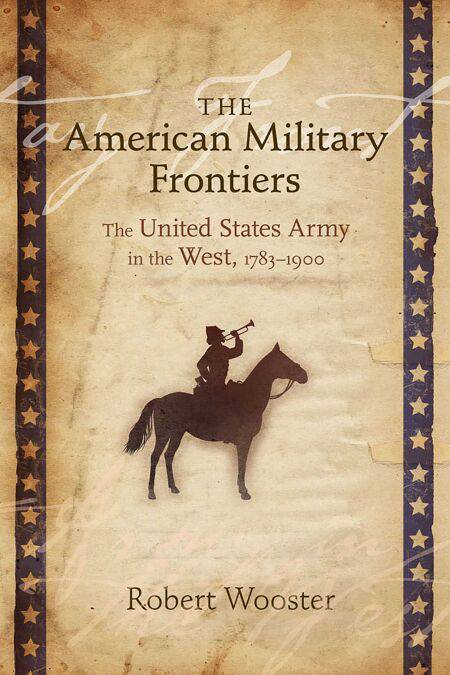
Bedankt voor het vertrouwen het afgelopen jaar! Om jou te bedanken bieden we GRATIS verzending (in België) aan op alles gedurende de hele maand januari.
- Afhalen na 1 uur in een winkel met voorraad
- In januari gratis thuislevering in België
- Ruim aanbod met 7 miljoen producten
Bedankt voor het vertrouwen het afgelopen jaar! Om jou te bedanken bieden we GRATIS verzending (in België) aan op alles gedurende de hele maand januari.
- Afhalen na 1 uur in een winkel met voorraad
- In januari gratis thuislevering in België
- Ruim aanbod met 7 miljoen producten
Zoeken
€ 26,83
+ 26 punten
Uitvoering
Omschrijving
As the fledgling nation looked west to the land beyond the Appalachian Mountains, it turned to the army to advance and defend its national interests. Clashing with Spain, Britain, France, Mexico, the Confederacy, and Indians in this pursuit of expansion, the army's failures and successes alternately delayed and hastened western migration. Roads, river improvements, and railroads, often constructed or facilitated by the army, further solidified the nation's presence as it reached the Pacific Ocean and expanded north and south to the borders of Canada and Mexico. Western military experiences thus illustrate the dual role played by the United States Army in insuring national security and fostering national development.
Robert Wooster's study examines the fundamental importance of military affairs to social, economic, and political life throughout the borderlands and western frontiers. Integrating the work of other military historians as well as tapping into a broad array of primary materials, Wooster offers a multifaceted narrative that will shape our understanding of the frontier military experience, its relationship with broader concerns of national politics, and its connection to major themes and events in American history.
Robert Wooster's study examines the fundamental importance of military affairs to social, economic, and political life throughout the borderlands and western frontiers. Integrating the work of other military historians as well as tapping into a broad array of primary materials, Wooster offers a multifaceted narrative that will shape our understanding of the frontier military experience, its relationship with broader concerns of national politics, and its connection to major themes and events in American history.
Specificaties
Betrokkenen
- Auteur(s):
- Uitgeverij:
Inhoud
- Aantal bladzijden:
- 384
- Taal:
- Engels
- Reeks:
Eigenschappen
- Productcode (EAN):
- 9780826338457
- Verschijningsdatum:
- 15/10/2009
- Uitvoering:
- E-book
- Beveiligd met:
- Adobe DRM
- Formaat:
- ePub

Alleen bij Standaard Boekhandel
+ 26 punten op je klantenkaart van Standaard Boekhandel
Beoordelingen
We publiceren alleen reviews die voldoen aan de voorwaarden voor reviews. Bekijk onze voorwaarden voor reviews.









